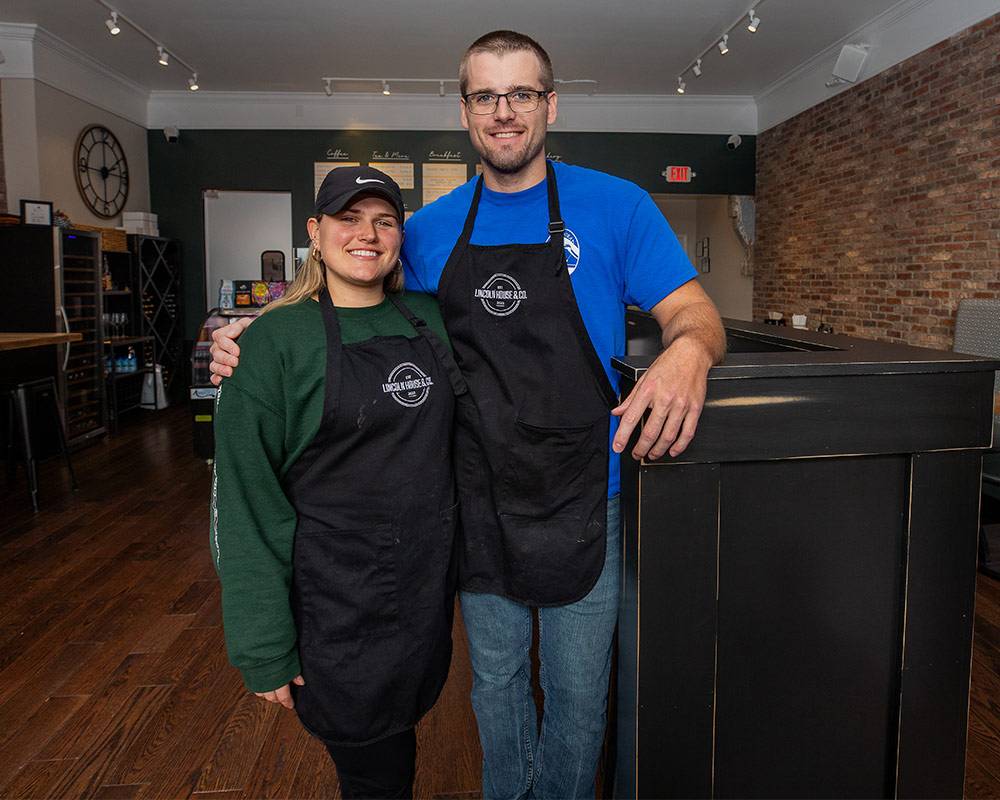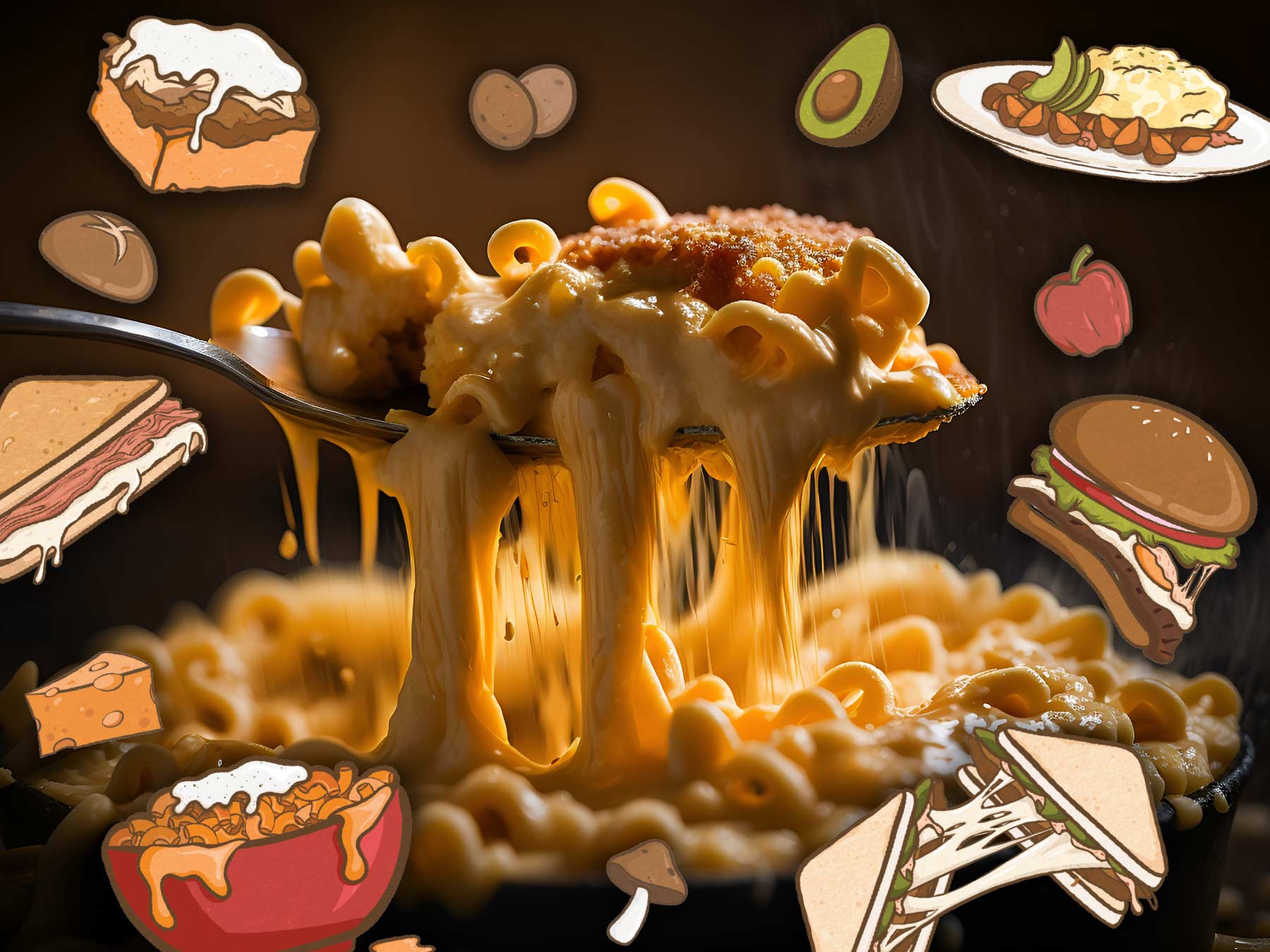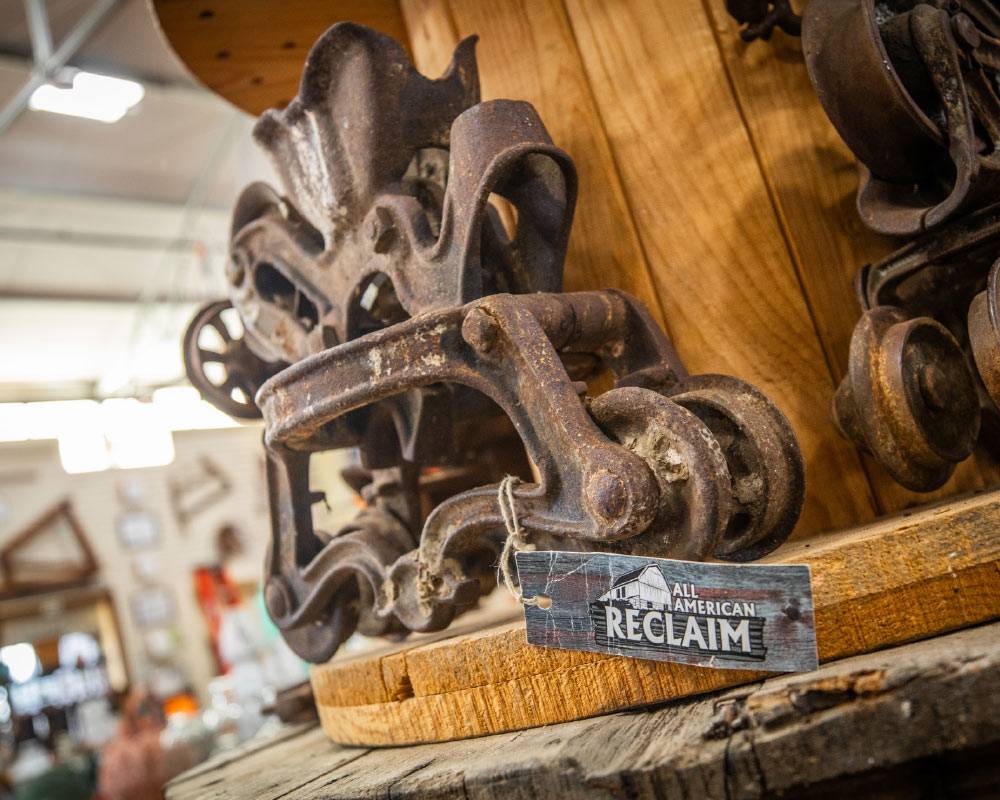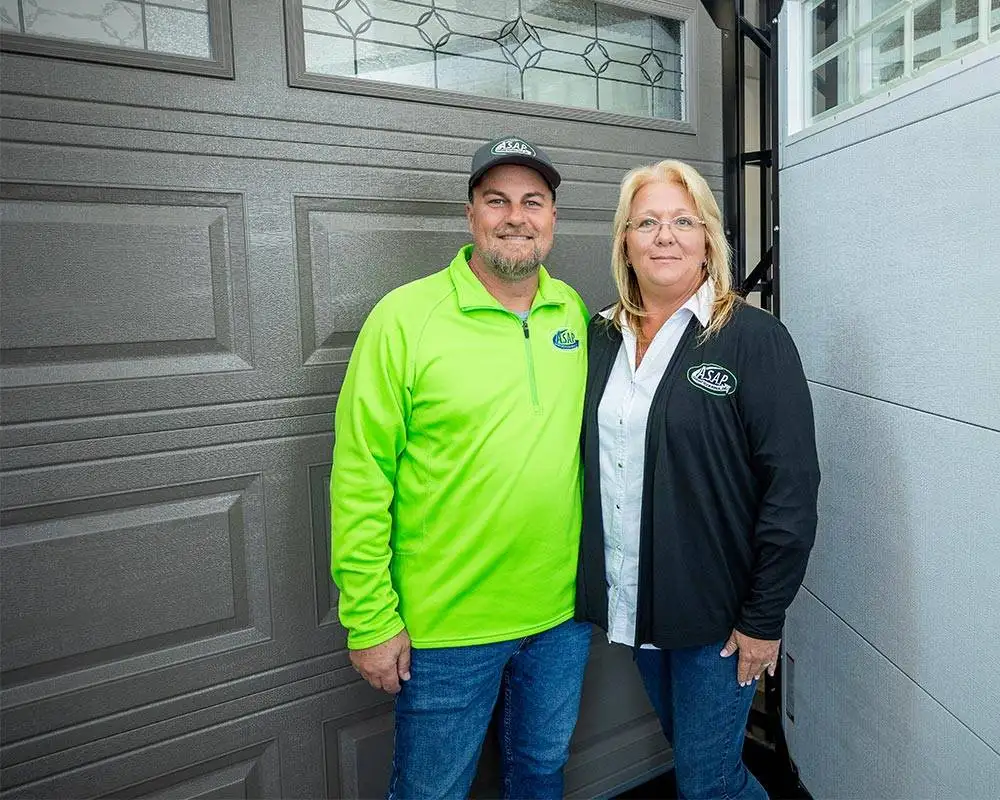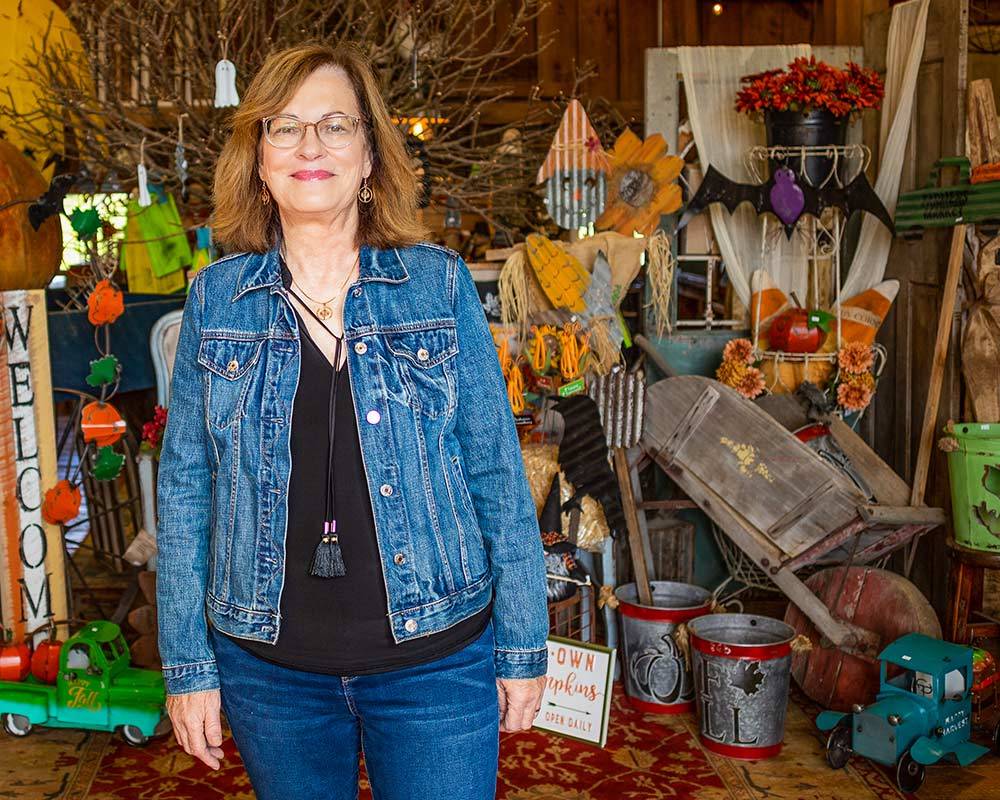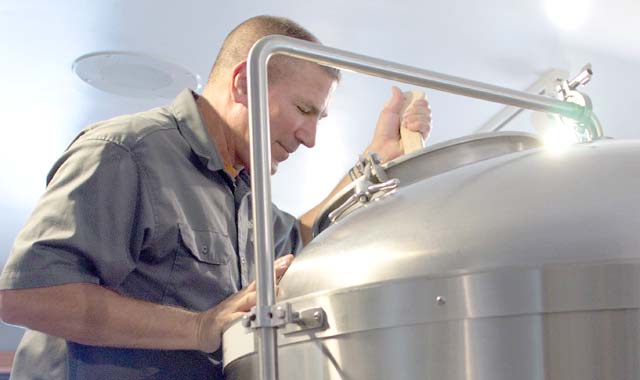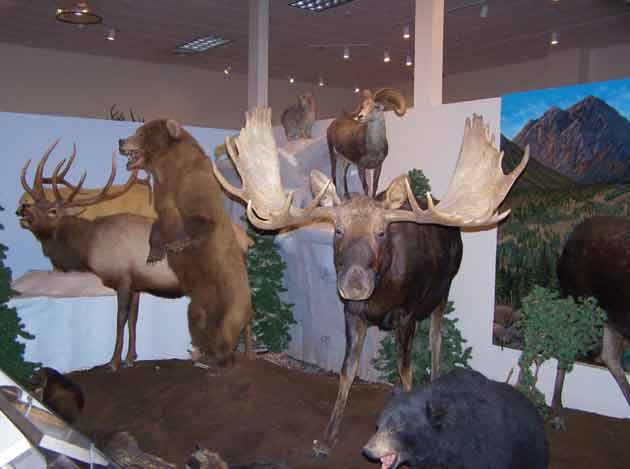The art of brewing and distilling is all about transformation, something these creative craftsmen know all about. Eron Harvey introduces us to four renegade souls who are as unique as the drinks they bottle.

At its most basic, a brewery or distillery is a house of transformation. Grain, fruit and spices mix, break down, and reconstitute into beer, bourbon or gin. Store the product in a particular type of vessel – say, a whiskey barrel – and its characteristics change yet again.
Craft alcoholic beverages are a growing business in Illinois, where some 83 craft breweries and 18 craft distilleries operate. Before these inventive beers and spirits became a reality, the brewery and distillery owners had to undergo a transformation of their own. For some, it meant a career change; for others, the fruition of a long-held dream. How these establishments came into being is almost as impressive as their products.
Copper Fiddle Distillery, Lake Zurich
The story of Copper Fiddle Distillery, 532 W. IL Route 22 in Lake Zurich, cannot be told without generous use of the word “serendipity.” For owners Fred Robinson and Jose Hernandez, everything about their bold adventure of becoming one of the first distilleries in Illinois – from the building to the bottle – seemed ordained by fate.
One summer day in 2012, Hernandez, an architect, approached his neighbor Robinson, a golf professional, and asked if he wanted to go in together on a still. Robinson agreed. After a few vodka recipes ended in disaster, the duo hit on a tasty bourbon recipe. Taste tests confirmed they were onto something special. That’s when things got interesting.
“To get federal, state and local permission for a distillery, you actually have to sign a lease, commit to a space and buy all of your equipment before you get approval,” says Robinson. “That’s a pretty big roll of the dice. We looked at the process. We looked at the money involved. One night over a couple of bottles of red wine we decided to do it. We were going into the distilling business. It’s crazy!”
Even crazier were the lucky breaks that kept coming their way, like when they came up with the name.“We liked the word copper, but we didn’t know what to use for the second word,” says Robinson. “We had a whole list of words, but nothing worked. Then Jose told me about the story of his wife Nancy’s violin.”
The neglected family heirloom was about to be tossed, but when their daughter expressed an interest in playing violin, they instead took it to be restored. “Turns out, it was a registered violin that had been made by hand in Chicago in 1906,” says Hernandez. “It was worth a lot of money.”
That’s when the light bulbs went off. “I’m listening to this story, and they’re saying violin, but I’m a Southern boy,” says Robinson. “I’m hearing fiddle in my head. That’s what we call them in the South. Then, we all make this connection that our product is handmade in Chicago, and gets better with age. Whiskey and music – man, that’s a pretty good combination. Copper Fiddle, Copper Fiddle. It just hit.”
But before they could start selling their special blends of Bourbon Whiskey, Fiddle Gin and Tom Gin, the pair needed labels, bottles and a building. Again, fate stepped in.
One day, Hernandez was talking with the owner of a car repair shop, lamenting about his hassles finding a distillery location. The owner tossed Hernandez the keys to his storage facility next door. An inspection verified it had high ceilings, good drainage and good water. Located on Route 22 near the intersection with Route 12 in Lake Zurich’s central business district, it was an ideal location for their retail-forward business. It was a perfect fit.
When they chose a bottle, the bottling company told them they were the only producer in North America using that unique bottle shape. When they needed a unique label to fit the bottle, it turned out Hernandez’s daughter was dating a superb graphic artist, who offered to design it. Serendipity, indeed.
But all the luck in the universe would not lead to success if the bourbon and gin weren’t good. It was customer reaction that transformed a budding Copper Fiddle into a profitable business which, Hernandez says, has been in the black since its opening day.
“Go on our Facebook page, and you’ll see we have almost 50 reviews and they’re all five stars,” says Hernandez. “The reason for that kind of response is that Fred and I are here. We greet people at the door. We recognize customers have a choice. They could go to another distiller, or they could do something else. They don’t have to come here. But when they walk in to enjoy a drink, we listen to their story. We tell them our story. They taste our product, we walk them through a tour and we respond to them on a personal level.”
All Copper Fiddle products are handmade, grain to bottle, on location. Hernandez says 70 percent of their bourbon whiskey and gin is sold retail on site, while another 30 percent is distributed through wholesalers. Hernandez and Robinson, both of whom still retain their full-time jobs, say their business model is working out better than planned, just like everything else related to their distillery. What started as a whim has turned into a reality.
“The best part is the satisfaction of taking an idea to the end and completing the idea,” says Robinson. “Everybody comes up with ideas, but nobody finishes them off. We finished this idea off and we brought a brand-new product to the marketplace that had never been here before. Jose and I are really proud of that. We did it.”
Chain O’ Lakes Brewing Co., McHenry
After 30 years entertaining a brewing dream, Curt Ames finally turned in his military uniform and launched a microbrewery. The retired colonel in the U.S. Marine Corps had been kicking around the idea of a microbrewery in the suburbs for years.
“I started home brewing in the ‘80s, and I volunteered at a brewery before I retired,” says Ames, who lives in Johnsburg with wife and business partner, Linda. “I grew up in the area and once I retired from the Marines, I knew I’d come back here.”
In 2009, he registered the Chain O’ Lakes Brewery name, but the timing wasn’t right for starting a business, he says. Instead, he took a job at Northrup Grumman in California. The detour proved beneficial.
“I found some good beermaking equipment out there in California and shipped it back,” he says.
Eventually, the calling became too loud to ignore.
“I’d told too many people that I was going to do it, so I couldn’t back out,” Ames says. “As a Marine, if I put my mind to it, I have to see it through.”
Though he had the name and the equipment, he still needed a building. In 2013, Ames entered the bidding process for the old McHenry Brewery building in downtown McHenry.
“There were three other people who were going to bid on the building,” Ames says. “When they found out I was going to make it a brewery, they backed out and let me have it.”
The Ameses poured themselves into the building’s rehab, transforming it into a working brewery. On Aug. 24, 2013, Chain O’ Lakes Brewery, 3425 Pearl St., was open for business.
“The town loves that the building is a brewery again, and they’ve been very supportive,” says Ames.
Chain O’ Lakes features a taproom and beer garden where patrons can enjoy one of the brewery’s mainstays such as Fox River Scotch Ale, The Colonel’s IPA or The Colonel’s WIPA, or a seasonal beer like Thunderstorm Black or I’m Bock. Once customers find one they like, they can take it home in a refillable growler or grumbler.
“We have lots of returning customers and we’re getting a good response,” says Ames. “We love it when a person buys a growler, then brings it back to fill it up again.”
Ames says he’s working on plans for distribution, but for now the best way to enjoy his product is to grab a pint at the brewery, where there’s a growing sense of community.
“They want to have a full brew experience – taste the beer, have a conversation with the brewer, enjoy talking about the process,” he says. “We want to encourage personal connections. Ours is a conversation bar, not a sports bar. We don’t have TVs everywhere. We want people to come in, have conversations, build relationships. We even have a beer club for people who want to taste a new beer the first time we brew it, talk about it and share their experience.”
Emmett’s Brewing Co., West Dundee
Like Ames, Andy Burns is a retired Marine with a taste for craft beers. Upon graduation from Marquette University, he took a commission as an officer and served 4.5 years. His love of brewing began in college while working as a carpenter’s assistant.
“My boss at the time was a home brewer, and after work we’d usually swing by his shop, drop off tools, and he’d share his latest brew with me,” Burns says. “I was instantly hooked. Later on, he brought me by the local homebrew shop and helped me pick out everything I would need to get started.”
Though Burns’ deployment schedule put his hobby on hold, the idea continued to brew.
“By the time I left the Marine Corps, in 1996, I had a business plan in hand, had attended a handful of ‘how to start your brewery’ courses, and had met with a number of small-brewery owners to seek their advice,” he says.
He took a different path than many craft brewers, as he transitioned from military man to beer connoisseur.
“I resisted the romantic notion of becoming the business owner/brewer,” says Burns. “While it may work for some, I felt that the two jobs – brewing and running the company – require two very distinct skill sets, and there simply wouldn’t be enough time to do both jobs well. I think it’s a challenge many entrepreneurs run into – getting caught up performing technical work, as opposed to managing all the other functions needed to run a small business.”
Burns, with his brother Matthew and father Timothy, founded Emmett’s, 128 W. Main St. in West Dundee, with the goal of being both a brewery and a restaurant. Diners can enjoy great food along with one of Emmett’s signature handcrafted beers, like Munich Light, 1 A.M. Ale, Pale Ale or Red Ale. The company has since expanded into Palatine and Downers Grove.
“When my family and I started Emmett’s many years ago, we were determined to take up roots in the towns in which we do business,” Burns says. “We’re a small business and we realized that the success of Emmett’s would be forged in large part to the bonds that we form with our community. That strategy drove us to search for opportunities and locations that are typically located in historic downtowns. I find it very rewarding to see many of my friends and neighbors adopt Emmett’s as their brewery and see it as a sense of community pride.”
Emmett’s beers are also available at several regional restaurants and at more than 250 retail outlets. Burns says he’s proud to play a part in transforming Chicago’s craft beer scene.
“At the time we entered the market, back in 1999, the Chicago metro area, for its size and population density, was one of the most underserved markets in the country” says Burns. “Today, all of that’s changed. Craft beer is undergoing a renaissance and there are many new breweries and even more in planning. The Chicago area has caught up with the rest of the country and lately has received a lot of attention for its burgeoning craft beer scene.”
Penrose Brewing Co., Geneva
Business partners Eric Hobbs and Tom Korder each spent a decade learning at some of the largest brewers in the world. A Geneva native, Hobbs has worked for Miller-Coors, Anheuser-Busch InBev and Goose Island. Korder, a mechanical engineer from Urbana, worked at Anheuser-Busch for several years and learned to brew in the company’s pilot brewery. He was working at Chicago’s Goose Island, serving as the innovation and barrel program manager, before he and Hobbs decided to launch Penrose Brewing Co., 509 Stevens St. in Geneva. Penrose opened its doors this past March.
“You spend so much time dreaming and planning, and at some point you either take a leap or don’t,” says Korder. “We decided it was time to start our own brewery because we wanted to create beers that we saw a need for, and wanted to create a culture that we thought would help both the Chicagoland and national craft beer community grow in a positive direction.”
Penrose emphasizes what its owners call The Requisites – Proto Gradus, P-2, Navette and Devoir – which are all Belgian-style ales that are lower in alcohol by volume.
“It’s all about the taste,” explains Korder. “We brew beers we like to drink, and when we go out, we like to drink a few beers, so we find ourselves gravitating toward those that are lower ABV (alcohol by volume), but still very flavorful beers.”
The menu also includes an extensive list of limited-release craft beers, because, as Hobbs points out, Korder is a prolific brewmaster.
“Tom brewed nearly 50 recipes in the first four months we were open,” says Hobbs.
Korder says their take on beers is unique. “Our inspiration comes from Belgian beer, but we put our own Penrose twist on it,” he says. “A majority of our offerings are lower gravity and typically have an American touch on a traditional Belgian beer style. I think we see ourselves as a brewery that doesn’t chase the trends that are out there – we look to pave a path to beer styles that we think people will enjoy, and hopefully they come back for their new favorites.”
Penrose products are on draft at several suburban bars and restaurants, while two of its beers – Proto Gradus and P-2 – are available in 12-ounce four-packs at various retailers.
“Still, the best way to experience our beer is to visit our brewery and taproom in Geneva,” he says. “We’re open six days a week and offer regular brewery tours on Friday nights and Saturday afternoons. We typically have eight beers on draft at all times, and half of those are only available in our taproom.”
Keeping it Local
Whether resurrecting a gin lost in Prohibition or creating a craft brew unlike anything the big names produce, local independent distillers and brewers have transformed their lives and livelihoods to tantalize tastebuds and please palates. They’re fulfilling their dreams and creating loyal customers one drink at a time. That’s something worth tipping a glass to.













